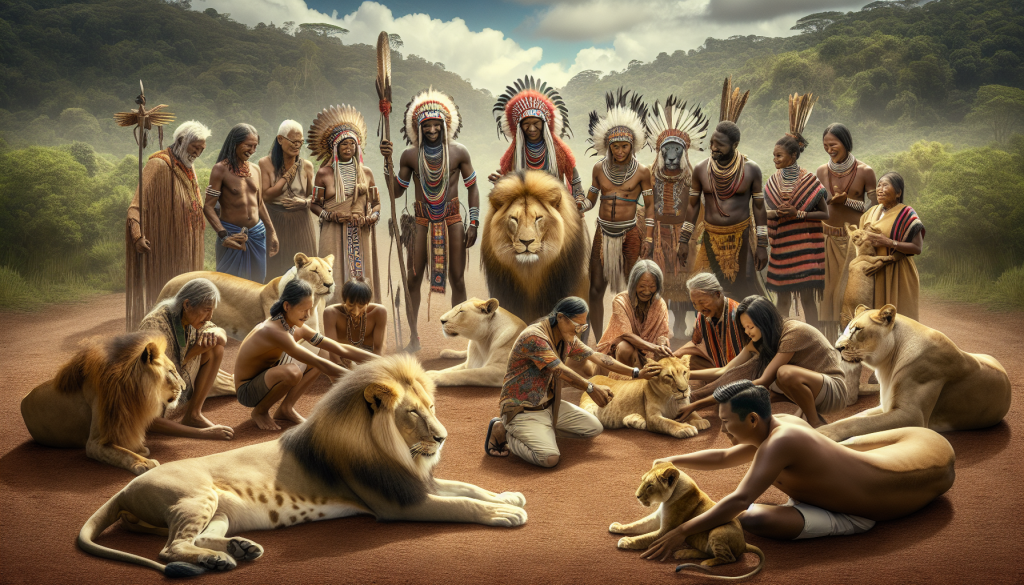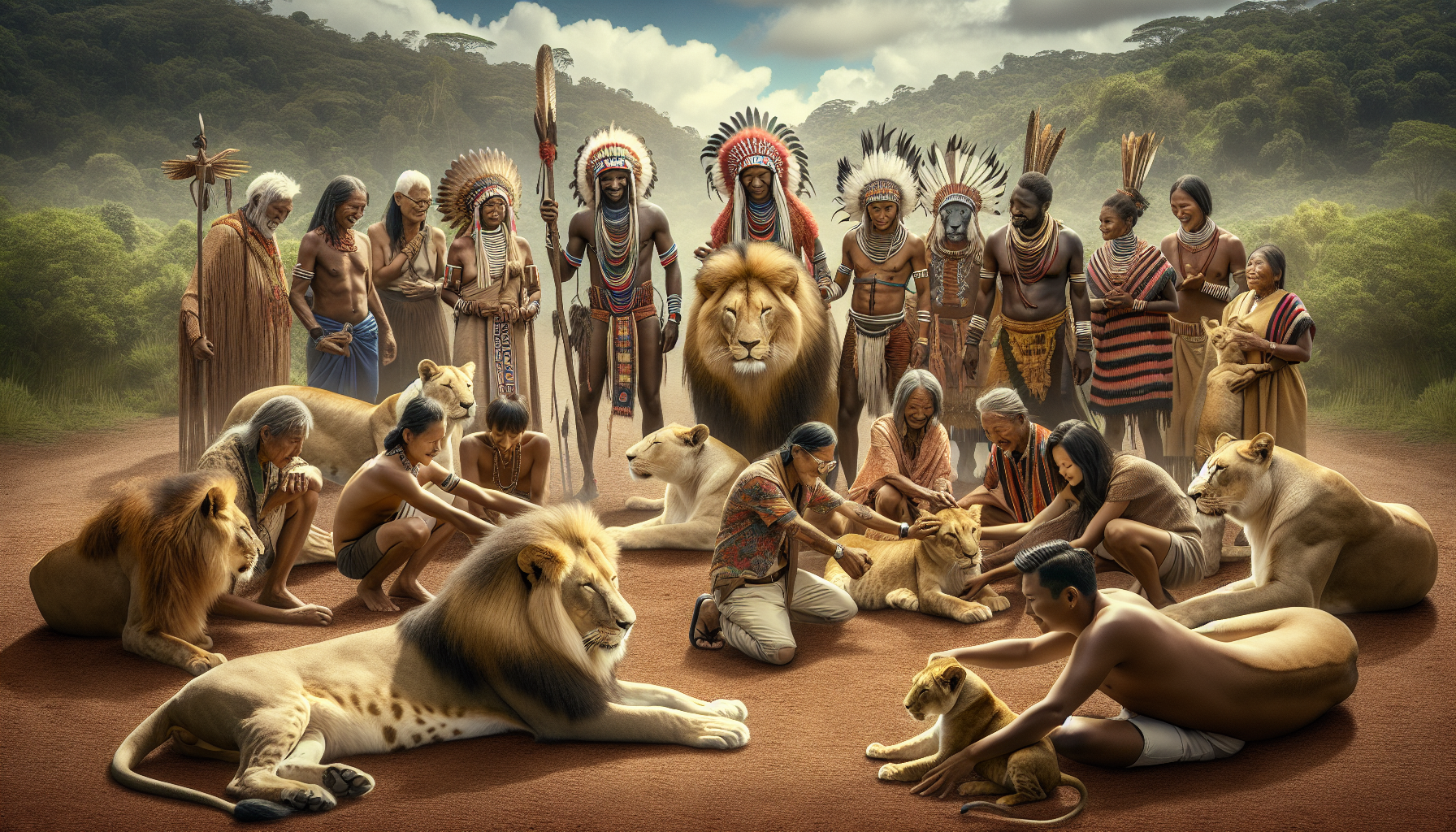Imagine stepping into the vibrant and diverse world of indigenous communities, where the rich tapestry of their wisdom and connection with nature unfolds. In the article “Voices of the Land: Indigenous Perspectives on Lion Conservation,” we delve into the invaluable insights and experiences of these communities and their unique relationship with the majestic lion. Through their voices, we gain a new perspective on the importance of lion conservation and the vital role that indigenous knowledge plays in safeguarding these magnificent creatures. As the tales unfold, we are transported to a realm where humans and lions coexist harmoniously, reminding us of the intrinsic bond that ties us all to the land.
Indigenous Perspectives on Lion Conservation
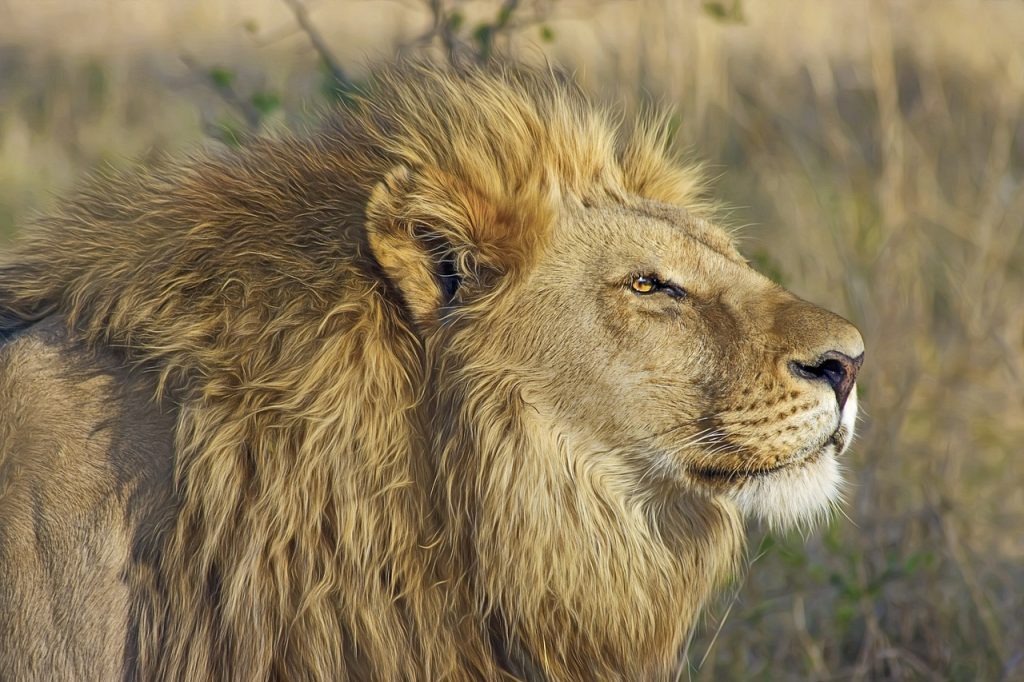
Historical Relationship Between Indigenous Communities and Lions
Indigenous communities across the world have a long-standing relationship with lions, rooted in history and cultural traditions. For centuries, lions have coexisted with Indigenous peoples, with narratives and folktales passed down through generations, depicting interactions and respect for these majestic creatures. Indigenous communities often perceive lions not only as a charismatic animal but also as a significant spiritual symbol, embodying traits such as strength, courage, and resilience. This historical relationship has fostered a deep understanding and appreciation for lions and their conservation among Indigenous communities.
Traditional Knowledge and Practices in Lion Conservation
Indigenous communities possess a wealth of traditional knowledge and practices that contribute to lion conservation efforts. Through centuries of observation and coexistence, they have developed sustainable land management techniques and rituals that promote harmonious relationships between humans and lions. For instance, Indigenous herding communities in Africa have honed their livestock management strategies over generations, incorporating protective measures such as guardian animals, thorny barriers, and communal grazing to mitigate human-lion conflicts. Indigenous knowledge systems provide valuable insights into lion behavior, ecological dynamics, and habitat management, which are crucial for maintaining the delicate balance between humans and lions.
Challenges Faced by Indigenous Communities in Lion Conservation
Despite their indispensable contributions to lion conservation, Indigenous communities face numerous challenges that hinder their involvement in conservation efforts. One major challenge is the encroachment of modern lifestyles and external influences, which erode traditional practices and weaken the intergenerational transfer of knowledge. Socio-economic factors also pose significant obstacles, as many Indigenous communities struggle with poverty, limited access to education, and inadequate healthcare, diverting their attention and resources away from conservation efforts. Furthermore, the loss of land and natural resources due to land grabbing, unsustainable development, and climate change exacerbates the vulnerability of Indigenous communities and further threatens their ability to safeguard lions and their habitats.
Current Efforts and Initiatives by Indigenous Communities
Recognizing the significance of Indigenous perspectives, many Indigenous communities have taken up the cudgel to conserve lion populations and their ecosystems. These efforts are often community-led, involving the active participation of local people in decision-making, planning, and implementing conservation initiatives. Indigenous communities have established community conservancies, where they collaborate with conservation organizations and government agencies to protect lion habitats, monitor populations, and implement anti-poaching measures. These initiatives empower Indigenous communities by allowing them to leverage their traditional knowledge and practices while fostering partnerships that promote mutual learning and respect.
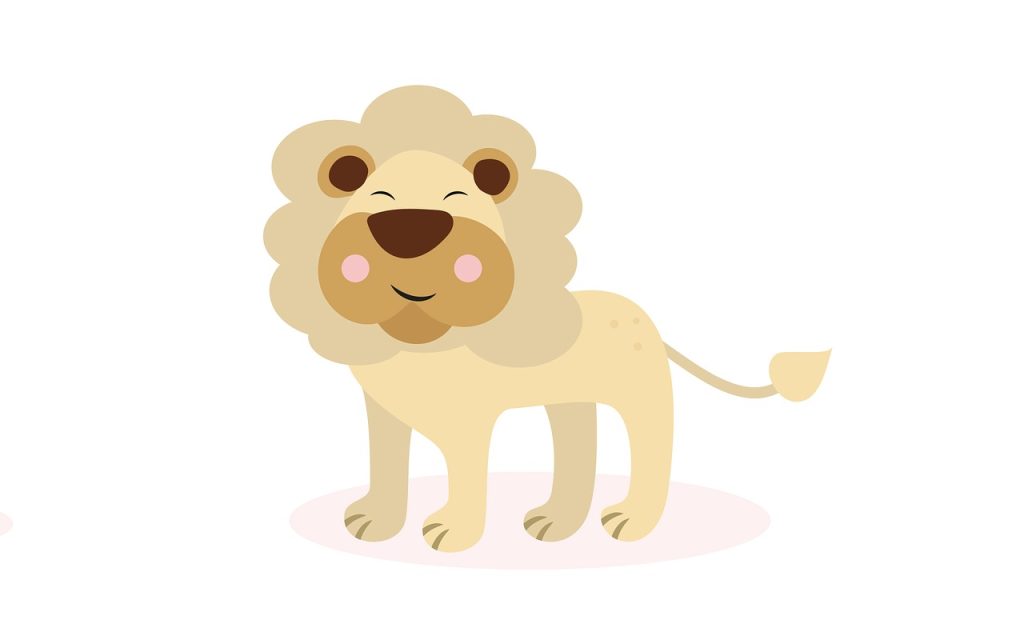
Importance of Indigenous Perspectives in Lion Conservation
The inclusion of Indigenous perspectives in lion conservation is pivotal for effective and holistic approaches to conservation. Indigenous knowledge complements scientific research by offering alternative insights and approaches to lion conservation, rooted in a deep connection and understanding of the natural world. Indigenous communities’ sustainable practices, land stewardship, and traditional knowledge can contribute to the development of conservation strategies that are locally grounded, culturally sensitive, and ecologically sound. Moreover, Indigenous perspectives emphasize the intrinsic value of lions as more than just a species to be conserved but as vital components of cultural heritage and spiritual significance.
Collaborations Between Indigenous Communities and Conservation Organizations
Recognizing the value of Indigenous knowledge and perspectives, numerous conservation organizations have begun actively collaborating with Indigenous communities in lion conservation efforts. These partnerships aim to create platforms for knowledge exchange, capacity building, and co-management of resources. Conservation organizations provide technical assistance, training, and resources to Indigenous communities while respecting and valuing their traditional practices and knowledge. By working together, Indigenous communities and conservation organizations can enhance their collective impact, implement sustainable conservation strategies, and ensure the continued survival of lions and their habitats.
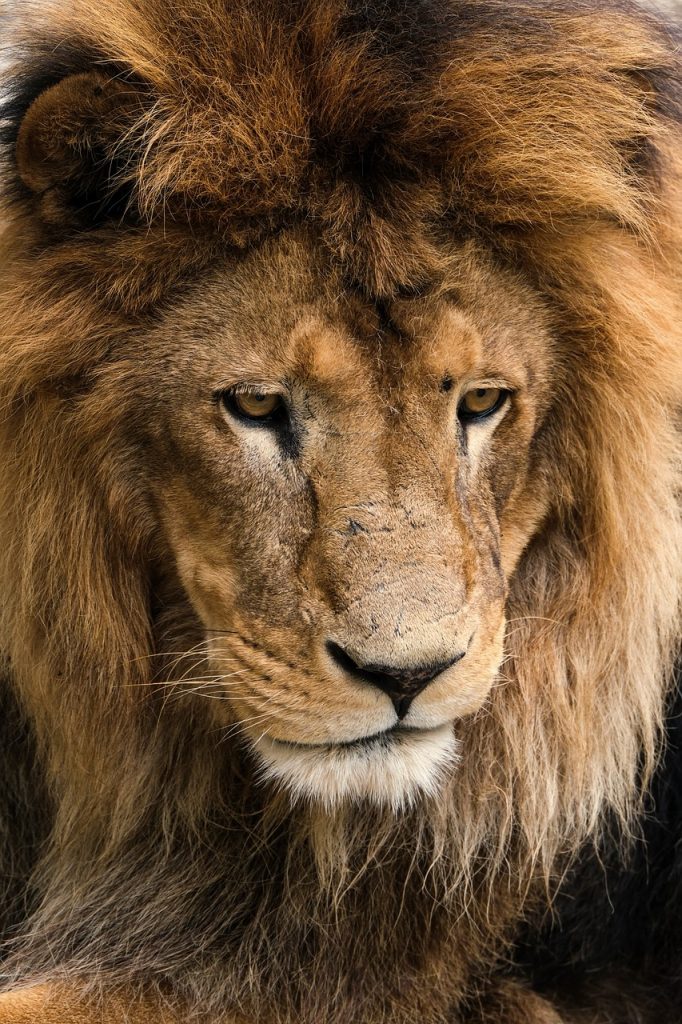
Case Studies: Successful Indigenous-led Lion Conservation Projects
Several successful case studies highlight the efficacy of Indigenous-led lion conservation projects. In Kenya’s Maasai Mara conservancies, Maasai communities have played a pivotal role in protecting lion populations through community-based conservation initiatives. By embracing their traditional herding practices and embracing innovative conservation strategies, such as the use of lion guardians and community-led anti-poaching patrols, Maasai communities have managed to stabilize lion populations and witness a decline in human-lion conflicts. Similarly, in Namibia, the Indigenous Himba community has collaborated with the Lion Guardians organization to implement conservation programs that not only safeguard lions but also provide economic opportunities for community members through ecotourism and community-based enterprises. These case studies serve as inspiring examples of how Indigenous-led conservation efforts can lead to positive outcomes for both lions and local communities.
The Role of Education and Awareness in Promoting Indigenous Perspectives
Education and awareness play a crucial role in promoting Indigenous perspectives in lion conservation. By raising awareness among non-Indigenous communities and the wider public about the value of Indigenous knowledge and practices, we can foster appreciation, understanding, and support for Indigenous-led conservation efforts. Education programs can be developed to integrate Indigenous perspectives into formal curricula, promoting a more inclusive and holistic approach to conservation education. Furthermore, community-based outreach and information-sharing initiatives can empower Indigenous communities, enabling them to advocate for their rights and roles in conservation decision-making processes.
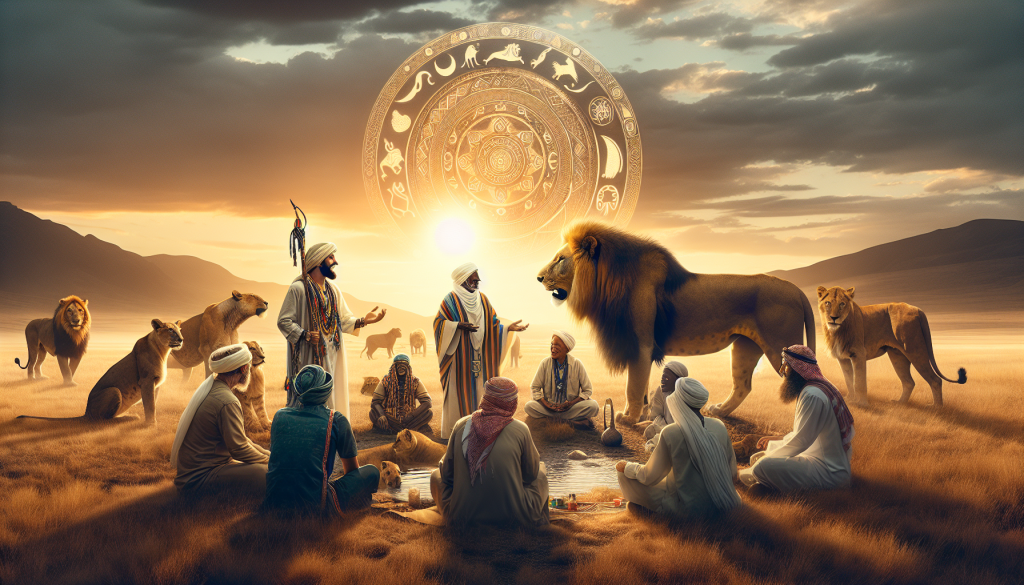
Ethical Considerations in Engaging with Indigenous Communities
Engaging with Indigenous communities in lion conservation should be guided by ethical considerations to ensure respect, mutual benefit, and the protection of Indigenous rights. Collaborations must prioritize the free, prior, and informed consent of Indigenous communities, ensuring their participation is voluntary, meaningful, and equitable. Conservation organizations and researchers should adopt culturally sensitive approaches that acknowledge and value traditional knowledge and practices without appropriating or commodifying them. Recognizing the diversity of Indigenous cultures and their unique perspectives is fundamental to fostering genuine partnerships and addressing power imbalances inherent in conservation work.
Recommendations for Integrating Indigenous Perspectives in Lion Conservation
To fully integrate Indigenous perspectives in lion conservation, several recommendations can be considered:
- Strengthening partnerships through formal agreements between Indigenous communities, conservation organizations, and government agencies.
- Prioritizing the empowerment of Indigenous communities through capacity building, training, and providing resources to support their active roles in conservation.
- Investing in education programs that incorporate Indigenous knowledge systems, fostering a more inclusive and comprehensive understanding of lion conservation.
- Continuing community-led conservation initiatives that promote the co-management of natural resources and empower Indigenous communities to take ownership of conservation efforts.
- Advocating for policy reforms that recognize and protect Indigenous rights to lands, natural resources, and cultural heritage.
By following these recommendations, we can foster a more inclusive and sustainable approach to lion conservation that respects and values Indigenous perspectives, reinforcing the role of Indigenous communities as stewards of the land and ensuring the survival of lions for generations to come.
